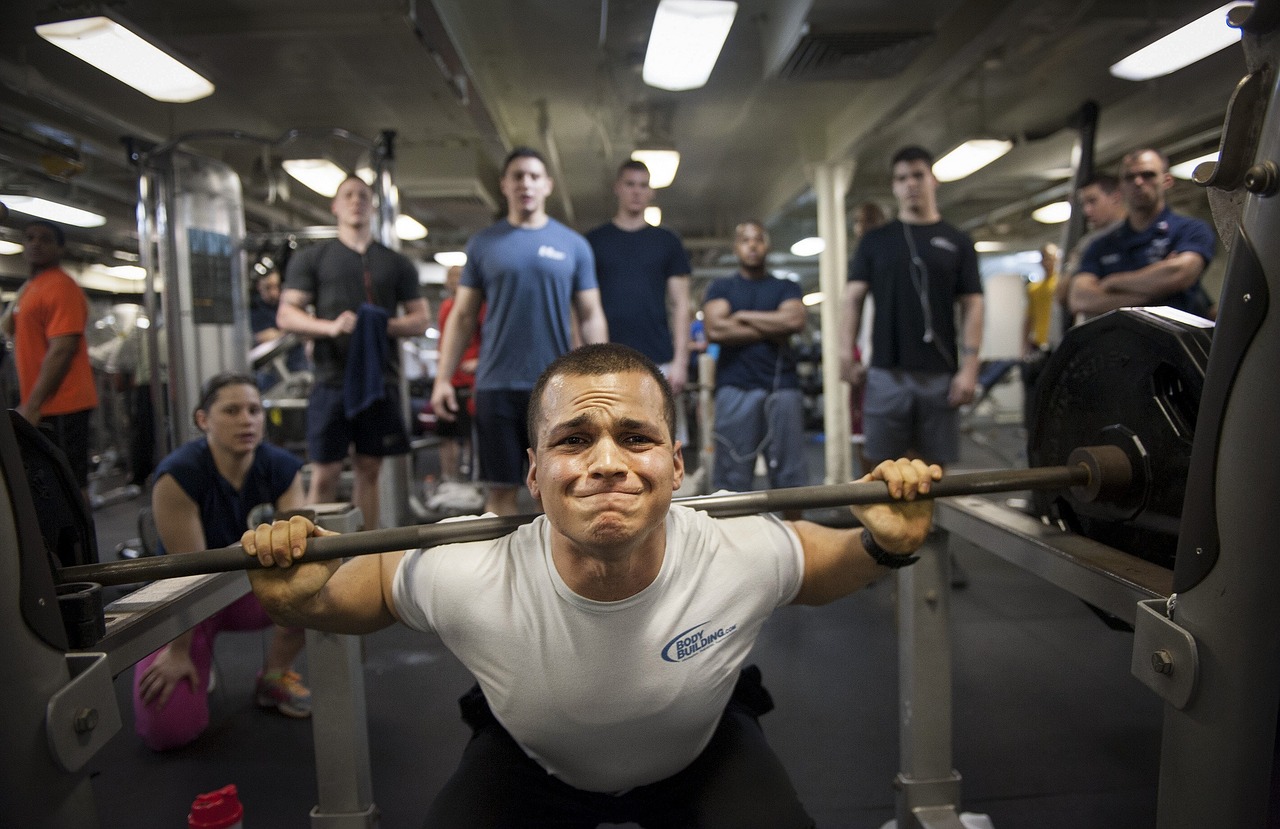Exercising Too Much Is Bad For You!
Recently, I’ve had some clients where I’ve advised them that they may, in fact, be overtraining.
“Overtraining? How can that be bad?” you may ask.
It’s true. If you overdo exercise, it can actually be bad for you. Especially, if you do a lot of high intensity exercise.
When you exercise, you are essentially doing damage to your body. You are causing micro-trauma or micro-tears in your muscles. In Dr. Doug McGuff’s Body By Science, he explains that your body undergoes both catabolic and anabolic states and you need a balance in order to achieve optimal health. During a tough high intensity workout, you are breaking down your muscle fibres – catabolic state. It is vital that you spend the necessary time to recover and re-build your muscles to make them stronger – anabolic state.
If you short-change your body and hit it again with another high intensity workout before your body has fully recovered from the previous workout, then you have tipped the balance of the catabolic and anabolic states. And if this continues for some time, which is usually the case for exercise-junkies since they don’t realize that they have been overtraining for a while already, then their health will begin to diminish and will show up in the form of decreased performance, constant fatigue, lack of mental focus, lowered immune system. On the extreme side, it can cause a very serious condition like rhabdomyolysis which occurs when your muscle fibres break down completely and poisons your kidneys due to the breakdown products from your muscle cells.
You need to look at exercise like a dose of medicine. If you want to get better, you need to take the prescribed dosage. If you take too little, it won’t be enough to help. But if you overdose on the medicine, that won’t be good for you either.
Unfortunately, I can’t tell you what that exact dosage of exercise is because everyone is different and responds to exercise stimulus differently.
But one way to know your dosage is if you find yourself generally fatigued, and cannot produce the same performance as your last workout, or you’re feeling under-the-weather, then that may be a sign of overtraining. This is, of course, assuming all other variables are a constant (ie. sleeping habits, diet, stress, etc…).
As a general guideline, 2-3 high intensity workouts per week should be more than enough. Very few people can actually handle more than that. Those who can are usually the professional athletes who are genetically predisposed to be able to train at a high volume and high intensity training schedule. If you’re reading this blog, then I’m going to bet that you are not a professional athlete, and in which case, you can probably benefit from the 2-3 day guideline – and that is assuming you are training at a high enough intensity.
You need to look at exercise like a dose of medicine. If you want to get better, you need to take the prescribed dosage.
Another rule of thumb to remember is that as the training intensity increases, the volume must decrease. If you like to jog, or yoga, then you can probably handle more than 3 sessions per week as the intensity is quite low in those activities. But if you lift weights to the point of muscular failure, or you’re doing HIIT to exhaustion, then you need the rest to allow your body to recover.
This is a good thing!
You can actually spend time outside of the gym and still be doing your body good! No need to slave away at the gym 5 times a week! When you workout, work out like your life friggin’ depends on it! And then enjoy the next couple of days off!
More results, less time.
Now that’s exercise efficiency exemplified!
Sign up for this week’s high intensity classes!
